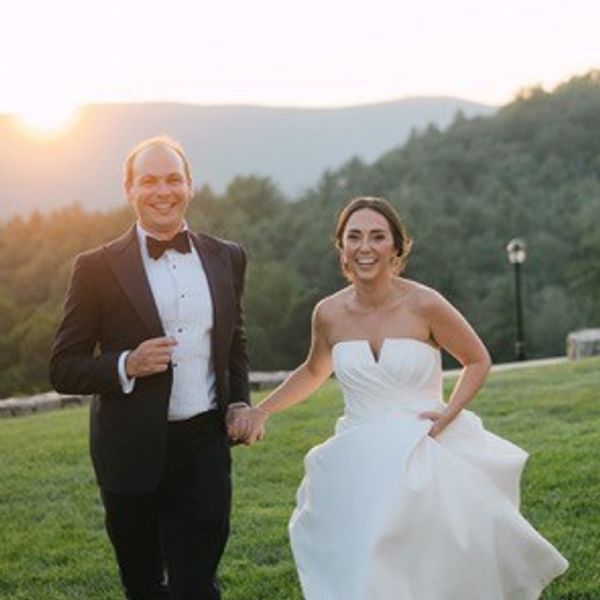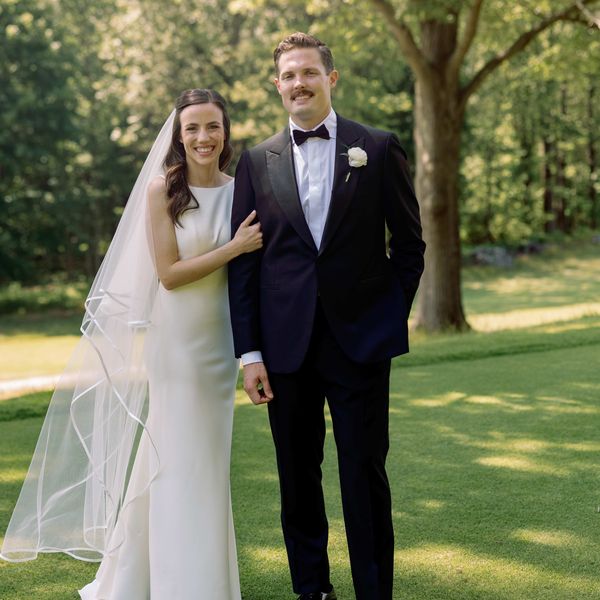Latest News
Simon Markow
Housatonic Valley Regional High School boys varsity soccer lost 3-2 against Nonnewaug High School in overtime Wednesday, Sept. 3. HVRHS took a 2-0 lead in the first half with goals from Gustavo Portillo and Everet Belancik, above. Nonnewaug tied up the score late in the second half with goals in the 77th minute and the 84th minute. The final Nonnewaug goal came in overtime and the game ended 3-2. Below, Henry Berry secures possession for HVRHS.

Simon Markow
Housatonic Valley Regional High School senior Ava Segalla, above, surpassed 100 varsity goals during the game against Northwestern Regional High School Friday, Sept. 5. HVRHS won the game 4-3 with two goals from Segalla and two more from freshman Lyla Diorio, below.

Keep ReadingShow less
Sharing Amesville’s industrial past
Patrick L. Sullivan
SALISBURY — On Sunday, Sept. 7, Lou Bucceri of the Salisbury Association Historical Society led a group of curious participants upstream from the dam on the Housatonic River into a heavily wooded area that was once the site of a sprawling industrial complex.
The trip to see what remains of the Horatio Ames iron works, and the Housatonic Rail Road’s industrial complex was part of the Housatonic Heritage series of walks in Connecticut and Massachusetts on weekends through Oct. 5.
Bucceri said that Ames was the son of a successful industrial family in eastern Massachusetts. The Ames shovel was ubiquitous in the early 19th century.
Young Ames turned out to be an indifferent salesman, Bucceri said. “He was an innovator, a tinkerer.”
So the Ames family, in conjunction with two other Massachusetts families with similar business interests and sons that needed jobs, bought property along the Housatonic River for Horatio to establish an iron works in 1832. By 1835 only Ames remained of the original three.
As the group made their way along the newly cleared trail, Bucceri pointed to a partially submerged tree in the river.
The tree marks the approximate spot of a second, smaller falls upstream from the Great Falls. Bucceri said the “Little Falls” was dynamited when the Hartford Electric Company built the dam in 1914 because the engineers feared the volume and force of the water would be too much for the new dam.
Off to west was a lagoon, completely covered in chartreuse-colored slime.
Bucceri said the lagoon is the site of where the Housatonic Railroad, which bought the site when Ames went out of business, had their roundtable for turning railroad cars and engines around.
As the group completed the short hike, Bucceri detailed how Ames had success at first with railroad locomotive wheels and innovations in iron production.
But the depression of 1857 was hard on American railroads, and in turn on Ames. Production fell 90%.
Ames tried to get into defense contracting when the Civil War began. After a couple of false starts and a strong suggestion of corruption in federal defense appropriations, Ames did finally land a contract to build 15 cannons that shot a 125-pound projectile six miles.
Ames was ready to deliver the guns in May of 1865.
Unfortunately for him, the war ended in April. Bucceri said the federal government lost no time backing out of the contract, and that was it for the Ames iron works.
The property was soon sold to the railroad, and then again to the electric company.
And Nature moved back in, doing an excellent job of reclaiming the site.
“This was an industrial area,” Bucceri said, gesturing around. “Can you tell?”
Keep ReadingShow less
The Housatonic Heritage Walk through Dark Hollow was led by Tom Key Saturday, Sept. 6.
Patrick L. Sullivan
LAKEVILLE — Tom Key led a group through Dark Hollow in Lakeville during a Housatonic Heritage Walk on a drizzly Saturday morning, Sept. 6
Dark Hollow is about 175 acres of preserved land bisected by a seasonal dirt road that runs between Farnam Road and Salmon Kill Road. The group of 10 or so gathered near the Farnam Road entrance, just past the property that was once a home for the indigent.
The Salisbury Association Land Trust bought the property in 2002, helped by a large donation by the Belcher family.
The land trust takes a “forever wild” approach to the land. If a tree falls over a trail or the road and blocks passage, it will be cut.
Otherwise, the land stays the way it is. However, there is a sign on a downed tree at the start of the trail.
Key said the tree is too high up to be safely cut with a chain saw. So hikers either have to go around, or simply go under.
The sign refers to this, obliquely, with a reference to “aquatic fowl.”
Or “duck.”
This joke took a while to sink in among the hikers.
Volunteers have removed all sorts of things from Dark Hollow over the years, including mattresses, bedsprings and assorted roadside debris.
But since the land trust volunteers keep an eye on the property the amount of trash has decreased significantly.
One of the enduring tales of Dark Hollow is the one about the tombstone bearing the name Charlotte Remington.
Key came across the tombstone some years back. It had two sets of dates on it, adding to the mystery. The land trust board decided they didn’t want it, so Key dragged it into the woods off the path and covered it with leaves.
The next time he went up the ridge it was back in its original spot. Then the stone disappeared again, this time for good.
It has not returned.
Keep ReadingShow less
loading








